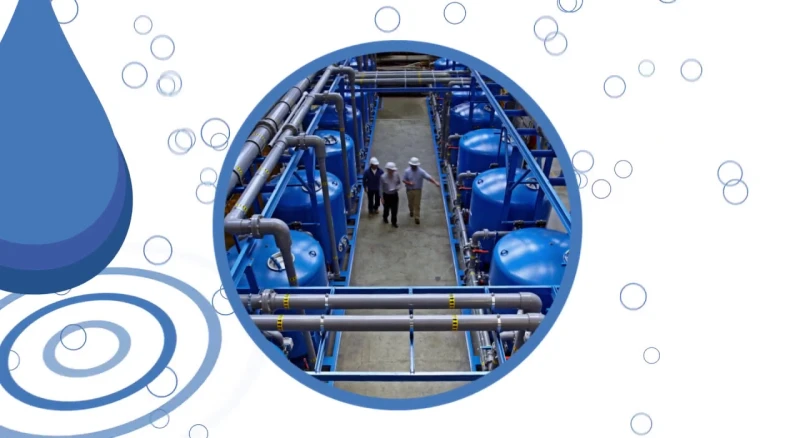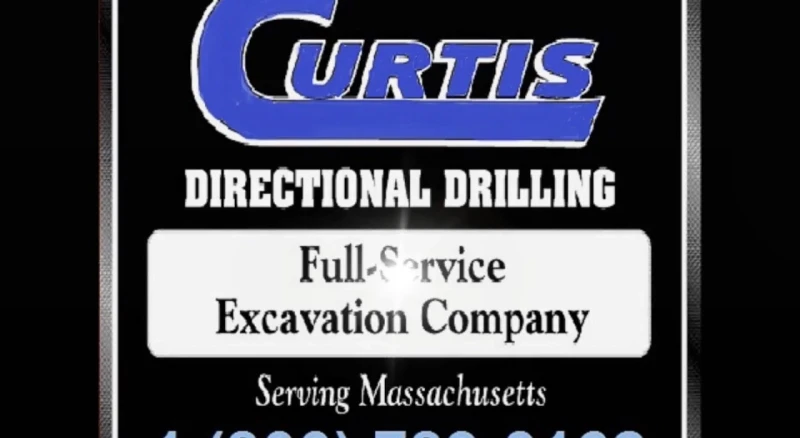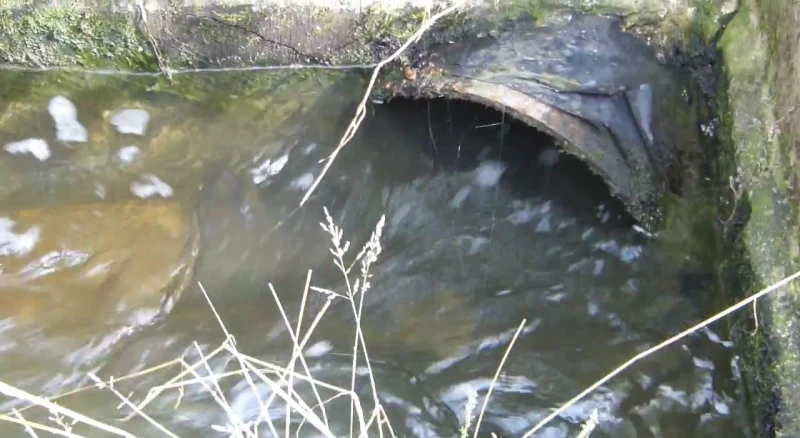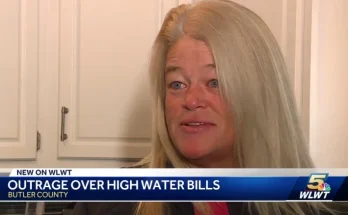As a resident or business owner in Braintree, Massachusetts, it’s important to understand the basics of the town’s water and sewer system. In this article, we’ll cover everything you need to know about Braintree’s water and sewer services, including how they work, how they’re maintained, and what you can do to ensure their longevity.
Understanding Braintree’s Water System

Braintree’s water system is responsible for delivering clean, safe drinking water to its residents and businesses. The system includes several components, each of which plays an important role in ensuring the quality and availability of the town’s water supply:
Water Treatment Plants
Braintree has two water treatment plants that are responsible for treating and purifying the town’s water supply. These plants use a combination of physical and chemical processes to remove impurities such as dirt, debris, bacteria, and viruses from the water, making it safe to drink.
Water Mains
Water mains are the large pipes that transport water from the treatment plants to homes and businesses throughout the town. Braintree’s water mains are made of various materials, including cast iron, ductile iron, and PVC, and range in size from 4 inches to 36 inches in diameter.
Water Service Lines
Water service lines are the smaller pipes that connect individual homes and businesses to the water mains. These lines are typically made of copper or plastic and can vary in length depending on the distance between the property and the main.
Water Meters
Water meters are devices that measure the amount of water used by each property in Braintree. The town uses these meters to calculate water bills and to monitor water usage trends.
Understanding Braintree’s Sewer System

Braintree’s sewer system is responsible for collecting and treating wastewater from homes and businesses throughout the town. The system includes several components, each of which plays a critical role in ensuring the proper treatment and disposal of sewage:
Sewer Pipes
Sewer pipes are the underground pipes that transport wastewater from homes and businesses to the town’s wastewater treatment plant. Braintree’s sewer pipes are typically made of PVC or cast iron and range in size from 4 inches to 36 inches in diameter.
Pump Stations
Pump stations are facilities located throughout the town that help to move wastewater through the sewer system. These stations use powerful pumps to lift sewage up and over hills or other obstacles before depositing it into the sewer main.
Wastewater Treatment Plant
Braintree’s wastewater treatment plant is responsible for treating and purifying the town’s sewage before discharging it back into the environment. The plant uses several processes, including physical, biological, and chemical treatments, to remove impurities from the sewage and make it safe for release.
Maintenance and Repair of Braintree’s Water and Sewer Systems

Maintaining and repairing Braintree’s water and sewer systems is a complex and ongoing process that requires a team of trained professionals. Some of the key maintenance activities include:
- Flushing water mains to remove sediment and debris
- Conducting regular inspections of sewer pipes to identify potential cracks or leaks
- Replacing aging or damaged water mains and sewer pipes
- Regularly cleaning and inspecting pump stations
Tips for Ensuring the Longevity of Braintree’s Water and Sewer Systems

As a resident or business owner in Braintree, there are several things you can do to help ensure the longevity and efficiency of the town’s water and sewer systems:
- Do not flush non-degradable items down your toilet, such as wipes or feminine hygiene products
- Dispose of cooking grease and oil in the trash, rather than pouring it down the drain
- Fix leaky faucets or pipes as soon as possible to prevent water waste and potential damage to the system
- Be mindful of what you put down your garbage disposal, as larger items can clog sewer pipes
Conclusion
Braintree’s water and sewer systems are critical components of the town’s infrastructure, providing essential services to its residents and businesses. By understanding how these systems work and what you can do to help maintain them, you can play an important role in ensuring their longevity and effectiveness.
FAQs
Q: How often should I have my water meter checked? A: The town recommends having your water meter checked every 5 years.
Q: What should I do if I experience a water main break? A: If you notice a water main break, contact the Braintree Department of Public Works immediately at (781) 794-8932.
Q: Does Braintree recycle wastewater? A: Yes, the town’s wastewater treatment plant uses several processes to treat and purify sewage before discharging it back into the environment.
Q: What is the best way to dispose of old medication or chemicals? A: Do not pour medications or chemicals down the drain. Instead, bring them to one of Braintree’s hazardous wastedrop-off events, which are held periodically throughout the year.
Q: Can I drink tap water in Braintree? A: Yes, the town’s water treatment plants use a combination of physical and chemical processes to remove impurities from the water, making it safe to drink.
Q: How can I report a sewer backup? A: If you experience a sewer backup, contact the Braintree Department of Public Works immediately at (781) 794-8932. They will dispatch a team to investigate and address the issue.



